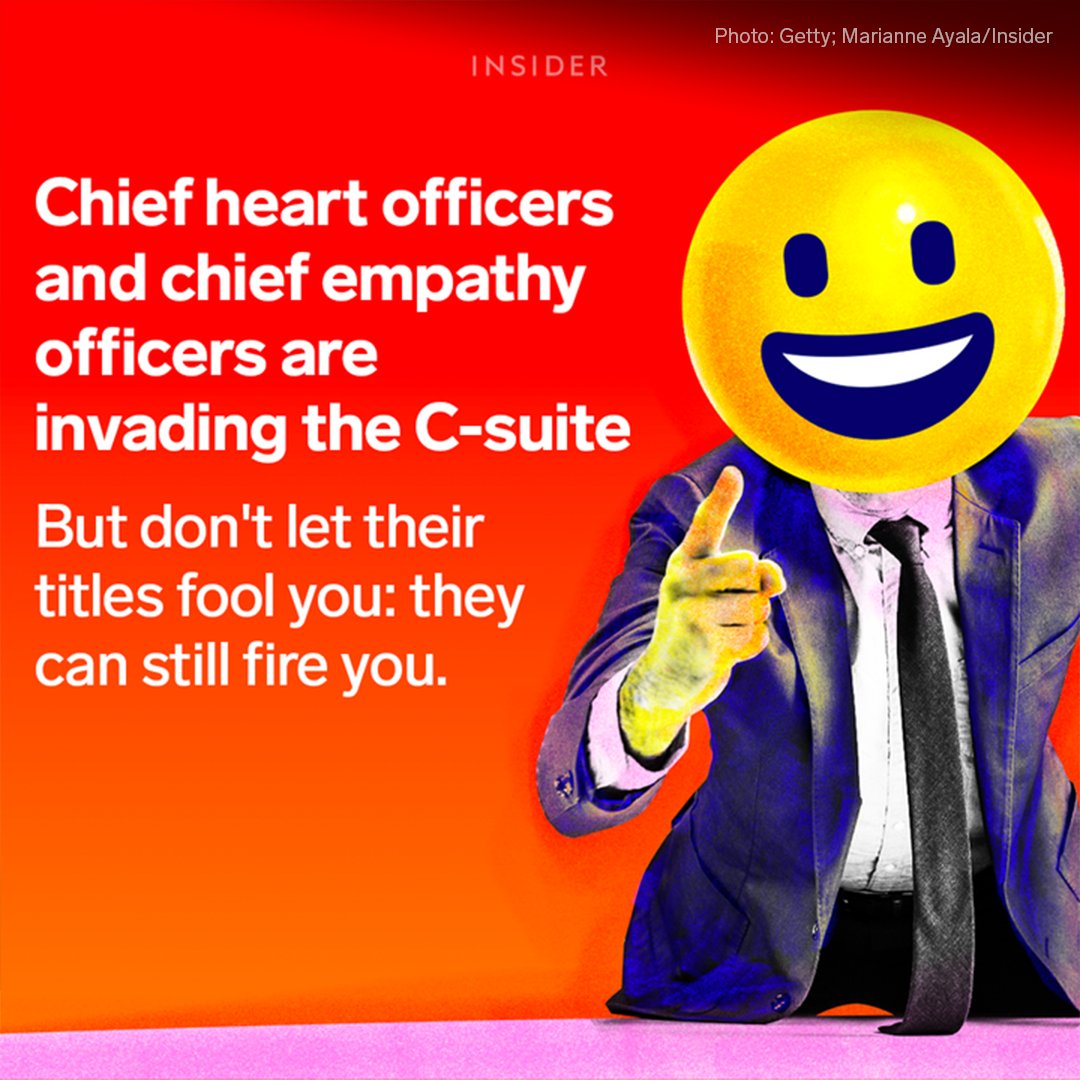Grubhub, founded in 2004, led food delivery for years before DoorDash surged ahead.
@thisisinsider spoke with former employees that say the company was slow to embrace technology and adapt, leading it to fall to last place in the meal-delivery space.👇
businessinsider.com/how-grubhub-lo…
@thisisinsider spoke with former employees that say the company was slow to embrace technology and adapt, leading it to fall to last place in the meal-delivery space.👇
businessinsider.com/how-grubhub-lo…

Grubhub went public in 2014, years before its competitors would. Matt Maloney, the company’s cofounder, pointed to profitability as a point of distinction.
But to some employees, the company's focus on profitability was part of its downfall.
businessinsider.com/how-grubhub-lo…
But to some employees, the company's focus on profitability was part of its downfall.
businessinsider.com/how-grubhub-lo…

DoorDash's logistics technology was built from scratch and viewed as superior to Grubhub's.
Restaurants wanted these services from Grubhub, but Maloney refused to explore new options, some former employees said.
businessinsider.com/how-grubhub-lo…
Restaurants wanted these services from Grubhub, but Maloney refused to explore new options, some former employees said.
businessinsider.com/how-grubhub-lo…

Grubhub was always falling behind on innovation despite being a decade older than DoorDash, a former regional manager who recently left the company told Insider.
businessinsider.com/how-grubhub-lo…
businessinsider.com/how-grubhub-lo…

In 2019, Grubhub came under fire when reports began to surface that it was creating shadow restaurant websites and phone numbers that resulted in surprise charges to its restaurant clients.
The negative press put the company on the hot seat for months.
businessinsider.com/how-grubhub-lo…
The negative press put the company on the hot seat for months.
businessinsider.com/how-grubhub-lo…

Grubhub was also viewed as strict with its restaurant contracts. DoorDash, on the other hand, gave restaurants flexibility to recoup commission fees by raising prices on its app.
DoorDash's flexibility earned them a reputation of being more friendly.
businessinsider.com/how-grubhub-lo…
DoorDash's flexibility earned them a reputation of being more friendly.
businessinsider.com/how-grubhub-lo…

While being flexible, DoorDash also fast-tracked restaurant adoption, and market share, by adding restaurant menus to its app sans permission.
Grubhub was reluctant but eventually copied DoorDash. Grubhub often got blowback over the policy.
businessinsider.com/how-grubhub-lo…
Grubhub was reluctant but eventually copied DoorDash. Grubhub often got blowback over the policy.
businessinsider.com/how-grubhub-lo…

Like the rest of its competitors, Grubhub got a sales bump from the pandemic.
But many residents were fleeing the cities where Grubhub had a stronghold and DoorDash's bet on the suburbs began to pay off.
businessinsider.com/how-grubhub-lo…
But many residents were fleeing the cities where Grubhub had a stronghold and DoorDash's bet on the suburbs began to pay off.
businessinsider.com/how-grubhub-lo…

After a reported net loss of $155 million in 2020, Grubhub explored selling itself last year.
The European giant Just Eat Takeaway bought the company in a deal that valued the company at $7.3 billion. It was valued at more than $12 billion in 2018.
businessinsider.com/how-grubhub-lo…
The European giant Just Eat Takeaway bought the company in a deal that valued the company at $7.3 billion. It was valued at more than $12 billion in 2018.
businessinsider.com/how-grubhub-lo…

The merger with Just Eat Takeaway has only added to Grubhub’s problems, with investors losing confidence in the company's strategy and leadership.
Subscribe to Insider to read the full story on Grubhub's plunge to the bottom. 👇
businessinsider.com/how-grubhub-lo…
Subscribe to Insider to read the full story on Grubhub's plunge to the bottom. 👇
businessinsider.com/how-grubhub-lo…

• • •
Missing some Tweet in this thread? You can try to
force a refresh








